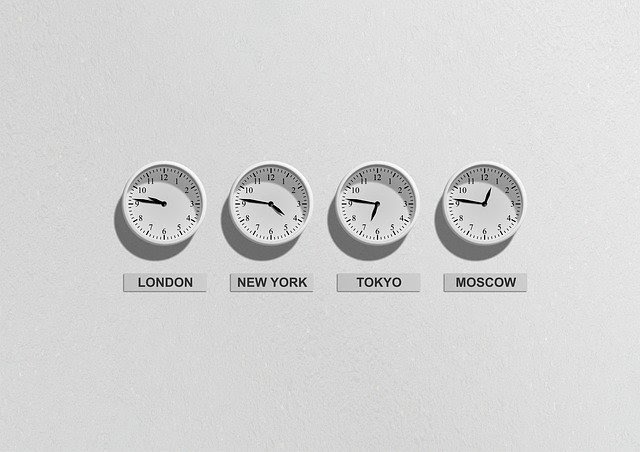

Meanwhile on the east coast, the northern half of the country stays two hours ahead of the west coast for the whole year, but during Daylight Saving Time the southern half goes ahead by ANOTHER hour, so it’s a full three hours ahead of the west coast. That is, until winter when Daylight Saving Time (where some countries put their clocks forward or back to conserve or extend daylight during winter and summer) kicks in, and this central territory is split in half, so the southern half is one more hour ahead than the north. Here’s how it works: Perth, on the far west of the continent, has a single time zone the whole year round, but the central chunk is one-hour-and-a-half ahead for some of the year. Horizontal time zones and daylight savingsĭespite splitting its time zone vertically like the rest of the world (most of the world anyway – see above) Australia loses points for its nonsensical vertical timezones. That means you can live in Thailand and still be in yesterday while people living hundreds of miles west of you in China are already living an hour ahead in tomorrow. The same goes for the southeast Asian countries that follow China’s border east, as they all have subsequent time zones despite it STILL being 1pm in China. However, in China’s far west it’s still 1pm, but just over the border in India it’s only 10am (or usually 10:30am, because India uses half-hour time zone rules. What does this mean? Well, when it’s 1pm on China’s eastern coast, it’s also 1pm in the nearby Philippines. This makes everything confusing because there are actually four time zones existing between the far west and far east of China, despite there only being one zone for the whole of China itself. For example, North America, Africa, Russia and Australia split their land mass up into different time zones (the East Coast of the US is three hours ahead the West Coast), but China, India and Argentina don’t. Life would be much easier if the world had time zones that ran in straight lines – but when is life ever simple? To make things more complicated than they probably should be, some big countries don’t split their time zones even though the countries and continents around them do. This would explain why Portugal is the same time zone as the UK, despite being in the same actual place as Spain. Meanwhile, Spanish dictator Franco changed the time to an hour ahead in Spain too. France, Holland, Luxembourg and Belgium were all originally in the same time zone as the UK, but Germany changed their time to match the German zone (one hour ahead of the UK) during their occupation of those countries during the war. The time UK and Europe SHOULD be the sameĪmongst many things the Second World War messed up, one of them was the time zones between the UK and the rest of Europe. It’s pretty much the Inception of solar activity. HOW IS THIS POSSIBLE?! Well, France is in a time zone that’s one hour ahead of the UK but geographically it’s slightly to the east, meaning the sunset actually reaches Paris before it reaches London, even though it exists in a time that’s later than the UK, so it’s already later when the sun sets. This is especially strange because the two cities are not that far apart. Let’s start with a fact that blew my mind: the sun sets in Paris simultaneously earlier and later than in London. With that in mind, here are six crazy facts about time zones that every world traveler (or wannabe world traveler) should know: 1.

Despite confusing the hell out of everyone, time zones are totally necessary and essential to daily life. How many times have you boarded a flight at 2pm on a Tuesday and landed at 6pm the same day even though you’ve been in the air for NINE HOURS? I know I have.

Time zones make logical sense, but they can also be really annoying.


 0 kommentar(er)
0 kommentar(er)
